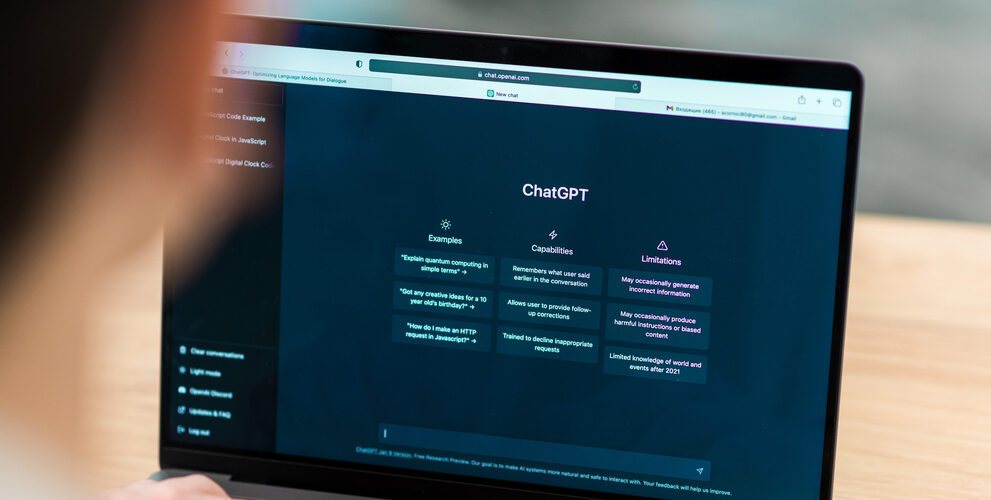Latest
Overusing ChatGPT may erode your brain’s thinking power: MIT study
MIT researchers found a 47% drop in brain connectivity and poor recall among ChatGPT users compared to those relying solely on their own thinking
Author
Author
- admin / 6 months

- 0
- 3 min read

Author
The LLM (Large Language Model) has reduced friction in our work, but it has come at a cost. Over-reliance on ChatGPT for writing could severely impair cognitive abilities, introducing a phenomenon termed “cognitive debt,” a new study from the Massachusetts Institute of Technology (MIT) has revealed.
Conducted over four months with 54 participants, the research shows a 47% reduction in neural connectivity among AI users, alongside a striking 83.3% inability to recall their own work, challenging the notion that AI boosts productivity.
What did the study find?
The study divided participants aged 18 to 39 from the Boston area into three groups– one using ChatGPT (LLM group), another using Google Search (Search Engine group), and a third relying solely on their own cognitive resources (Brain-only group). Brain activity was monitored using electroencephalography (EEG), a test that measures electrical activity in the brain. The researchers tracked alpha, theta, and beta brain waves linked to creativity, memory, and active thinking.
The results were striking. ChatGPT users exhibited the weakest brain engagement, with EEG scans showing reduced alpha and theta waves critical for memory and creative ideation. In contrast, the brain-only group displayed the strongest neural connectivity and expressed greater ownership and satisfaction with their essays.
ChatGPT writing “soulless”
The two English teachers who evaluated the essays on how they went about the evaluation process said, “some essays across all topics stood out because of a close to perfect use of language and structure while simultaneously failing to give personal insights or clear statements.”
“These, often lengthy, essays included standard ideas, reoccurring typical formulations and statements, which made the use of AI in the writing process rather obvious,” the teachers explained.
“We, as English teachers, perceived these essays as ‘soulless’, in a way, as many sentences were empty with regard to content and essays lacked personal nuances.”
Cognitive debt and atrophy
The study defines “cognitive debt” as the accumulation of mental shortcuts that weaken long-term thinking skills, similar to technical debt in software. When ChatGPT users were asked to write without AI in the fourth session, they performed worse than those who had never used the tool, a sign of potential cognitive atrophy, or the gradual decline in brain function and abilities.
The study found an 83.3% recall failure rate among ChatGPT users, compared to strong memory retention in the brain-only group, challenging the common belief that AI boosts productivity without consequences. While ChatGPT did speed up task completion by 60%, it also reduced “germane cognitive load,” which is the mental effort used to build and automate knowledge for learning, by 32%.
Rather than banning AI, the study advocates for strategic use. The study highlights the need for longitudinal research to fully understand the long-term effects of large language models (LLMs) on the human brain before they can be considered a net positive for humans.
Also read: https://firstcheck.in/chatgpt-gives-incorrect-diagnoses-but-holds-promise/










